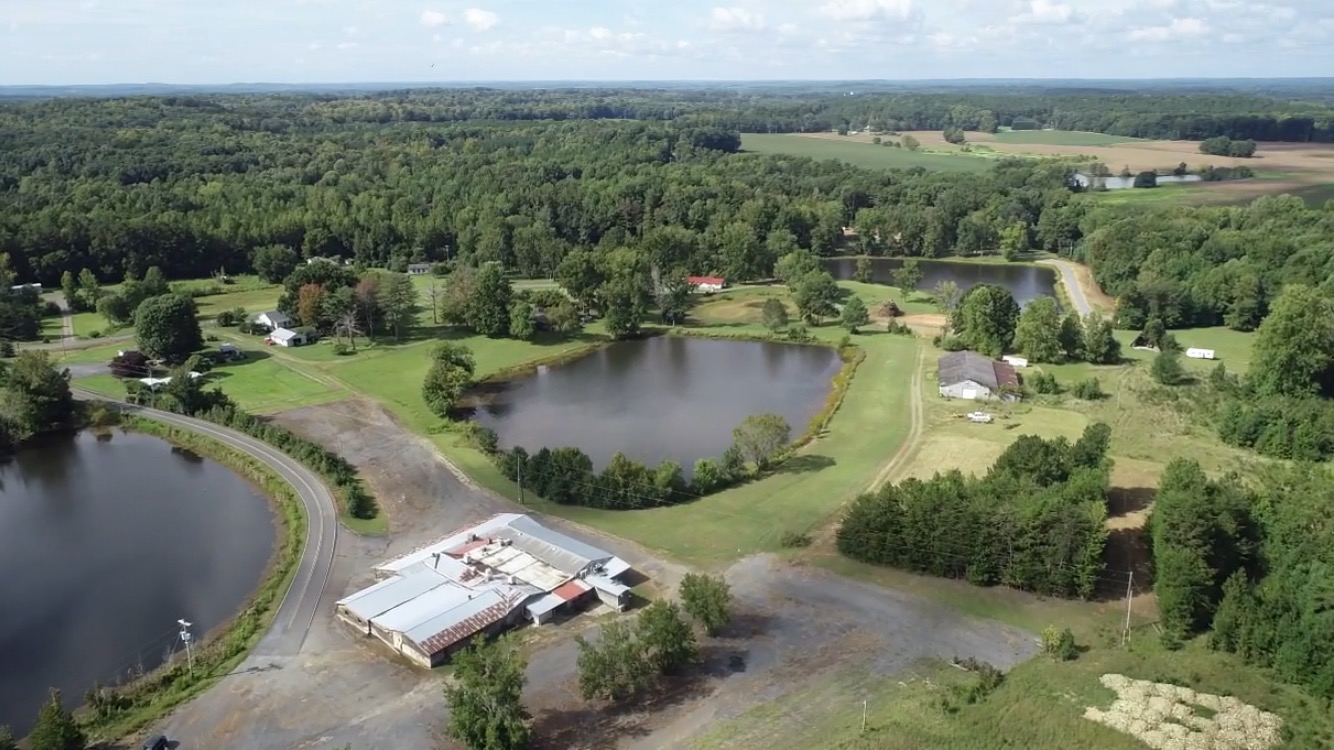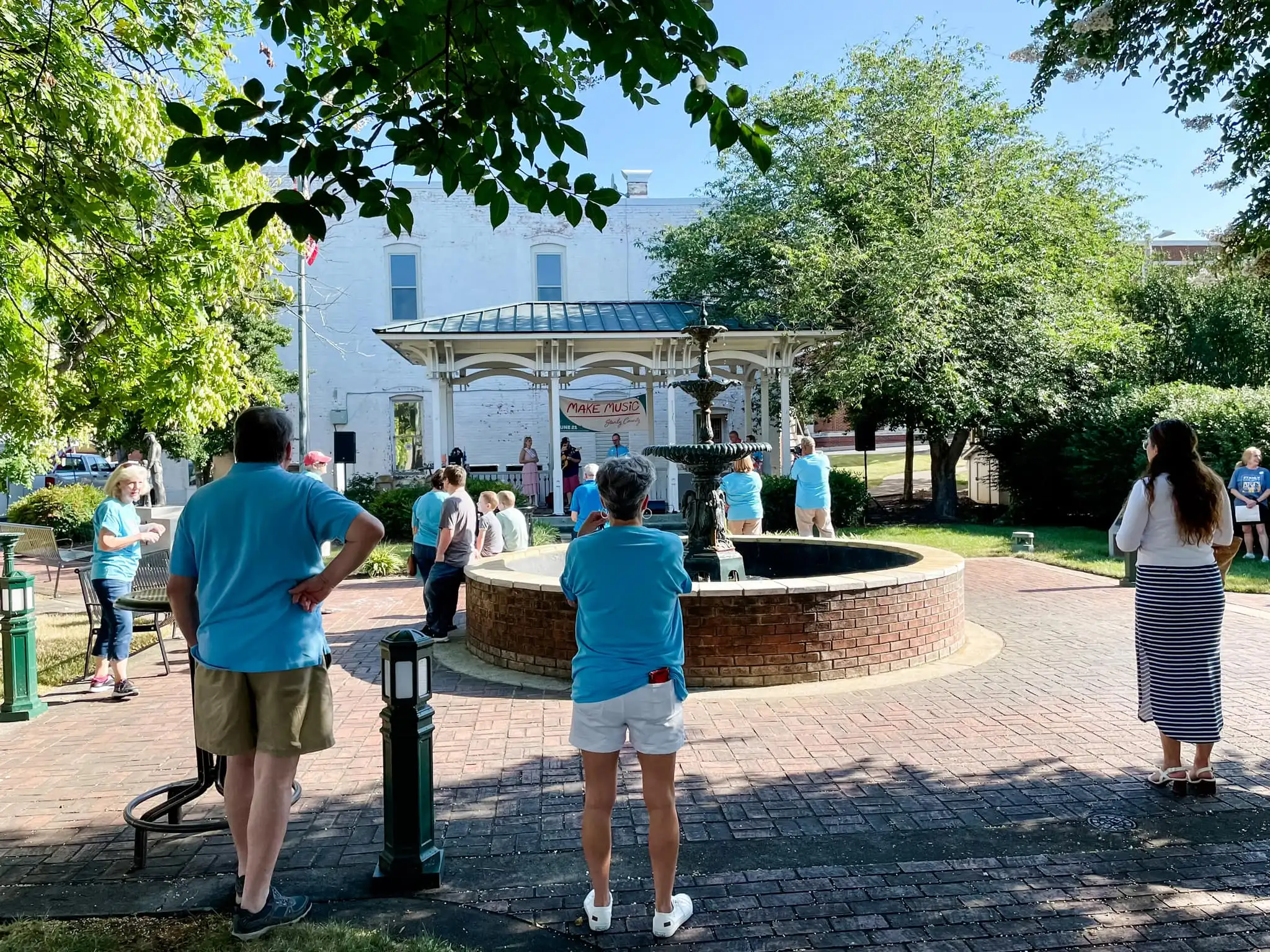D.G. MARTIN COLUMN: Barbecue – true and faux
Published 11:13 am Tuesday, June 15, 2021
|
Getting your Trinity Audio player ready...
|
Why would John Shelton Reed write another book about barbecue?
After all, he is a co-author of the recently revised classic “Holy Smoke: The Big Book of North Carolina Barbecue” and in 2016, author of “Barbecue” in the UNC Press’s “Savor the South” Cookbook series.

D.G. Martin
The retired Kenan professor of sociology at UNC-Chapel Hill is the author of more than 20 books. He likes to write books and articles and other commentary that connect readers to their culture.
His new book, “On Barbecue,” is a compilation of writings about barbecue.
Barbecue means different things to different people. Just remember how many ways the term is spelled: barbecue, barbeque, bar-b-que, and so on. Reed explains how the term probably came about.
He writes, “the word came into English only some 500 years ago. In the first decades of the 1500s Spanish explorers in the Caribbean found the locals using frameworks of sticks to support meat cooking over fires. They did this either to slow-cook it or to cure it and preserve it (as we do with country hams and jerky today).”
This apparatus was called something that the Spaniards heard as barbacoa, which soon became a Spanish word and then an English word that referred to the cooking device or method, not the resulting cooked meat.
Only in the 1800s did the term begin to be used to mean the cooked meat. As late as 1894, when the Statesville Landmark wrote about barbecue being served at an event, “the paper put the noun in quotation marks, suggesting that the usage remained colloquial. Still, by then, everyone seems to have known that it meant something you could put on a plate or in a sandwich. Once that was understood, Southerners began the eternal argument about what barbecue is.”
Reed writes, “whole hog in eastern North Carolina, mustard sauce in parts of South Carolina, mutton in Owensboro, Ky., ‘dry ribs’ in Memphis, beef brisket in Texas and so forth.”
Reed celebrates these differences, writing that he would order Memphis ribs in Memphis, but would pass it by if it were offered in North Carolina or elsewhere.
He mourns the development of “mass barbecue” chains that he calls “IHOB” or International House of Barbecue with menus, “where you can pile Texas brisket, Memphis ribs, and Carolina chopped pork all on one plate.”
However, Reed has no doubt. “All understand that cooking with hardwood makes the difference between barbecue and roast meat.”
He describes the world championship barbecue cooking contest in Memphis where barbecue is defined as “pork meat only… prepared on a wood or charcoal fire.”
He recognizes that many so-called barbecue restaurants “serve slow roasted meat untouched by even the bottled kind of woodsmoke and call it barbecue.”
Reed asserts this product is not barbecue and calls it instead “faux ‘que.”
“You see the problem. We start with barbecue cooked in a pit over live coals, or with heat and smoke from a stick burning firebox, and we end up with a Boston butt in a crock pot. Somewhere along the way we’ve crossed the line between True ‘Cue and faux ‘que. We do not intend to draw that line, just to point out that there is a hierarchy here, and the purveyors of faux ‘que are at the bottom of it.”
“Why do we care? Because we believe that real barbecue is rooted in three things increasingly lacking in today’s world: taste, tradition, and a sense of place. Because we think the world will be a better place with more real barbecue in it.”
You do not have to agree with Reed’s hardline stance about the necessity of cooking with wood coals to learn from and enjoy his great storytelling gifts about one of our favorite foods — true or faux.
D.G. Martin hosts “North Carolina Bookwatch” Sunday 3:30 p.m. and Tuesday at 5 p.m. on UNC-TV. The program also airs on the North Carolina Channel Tuesday at 8 p.m. and other times.






